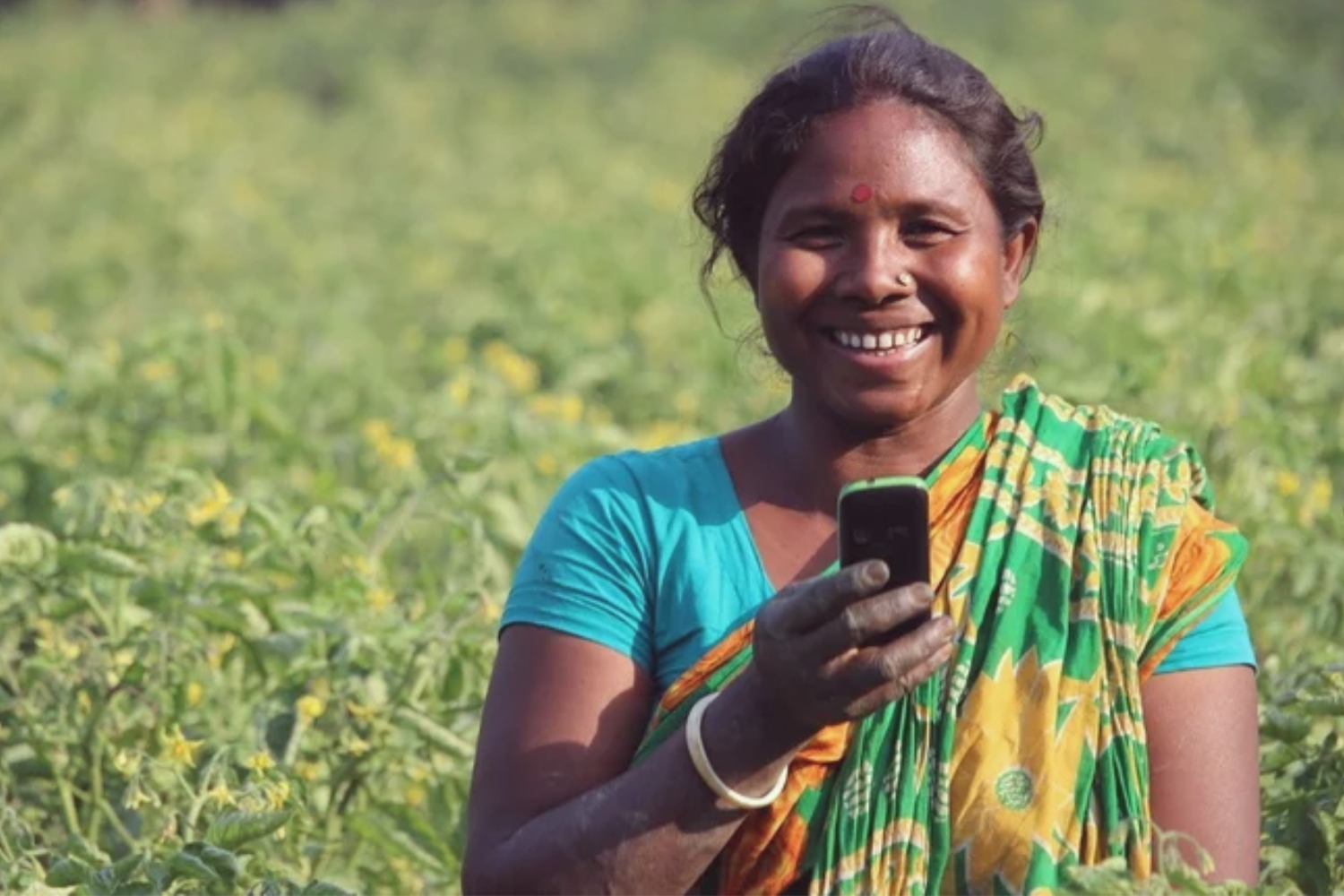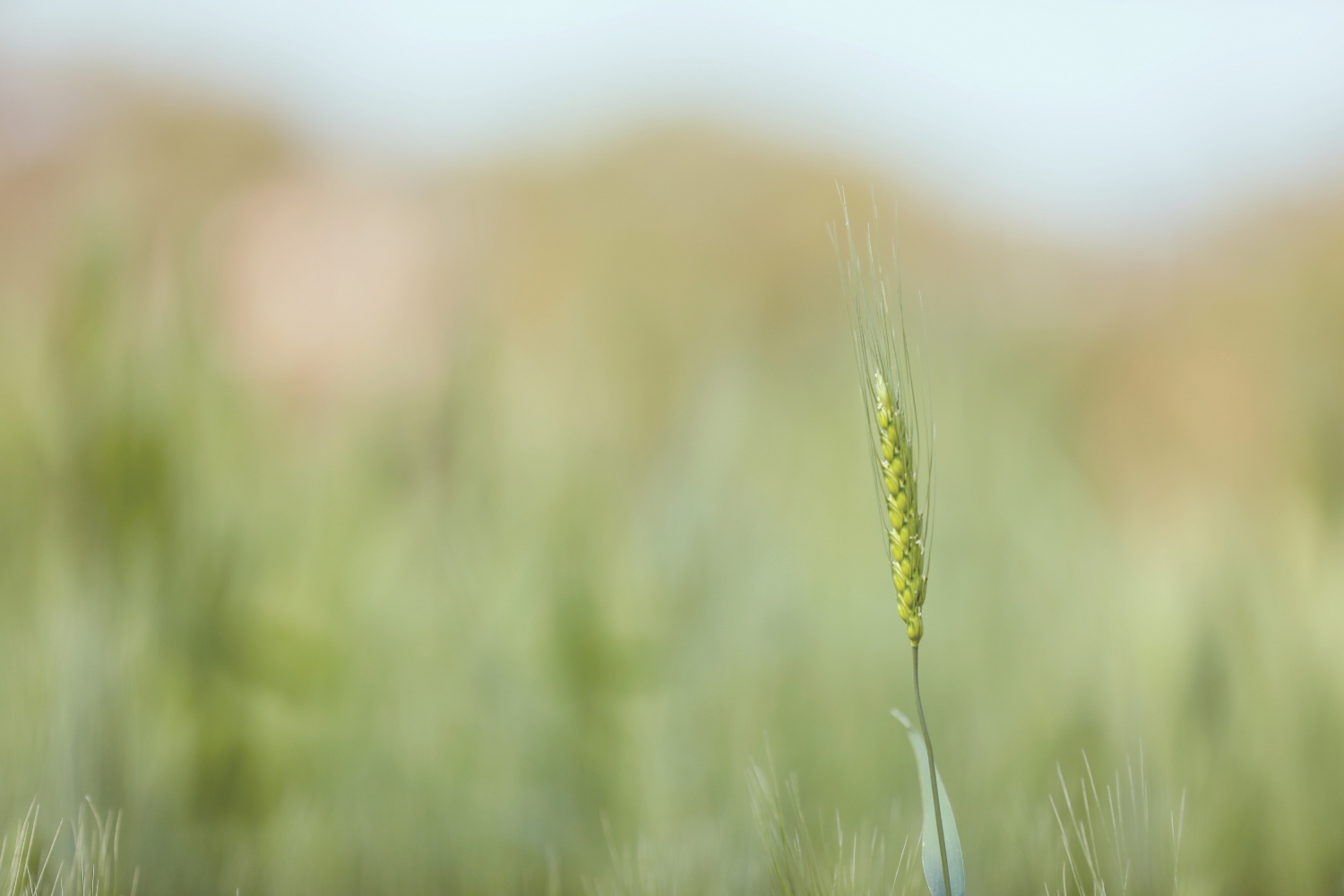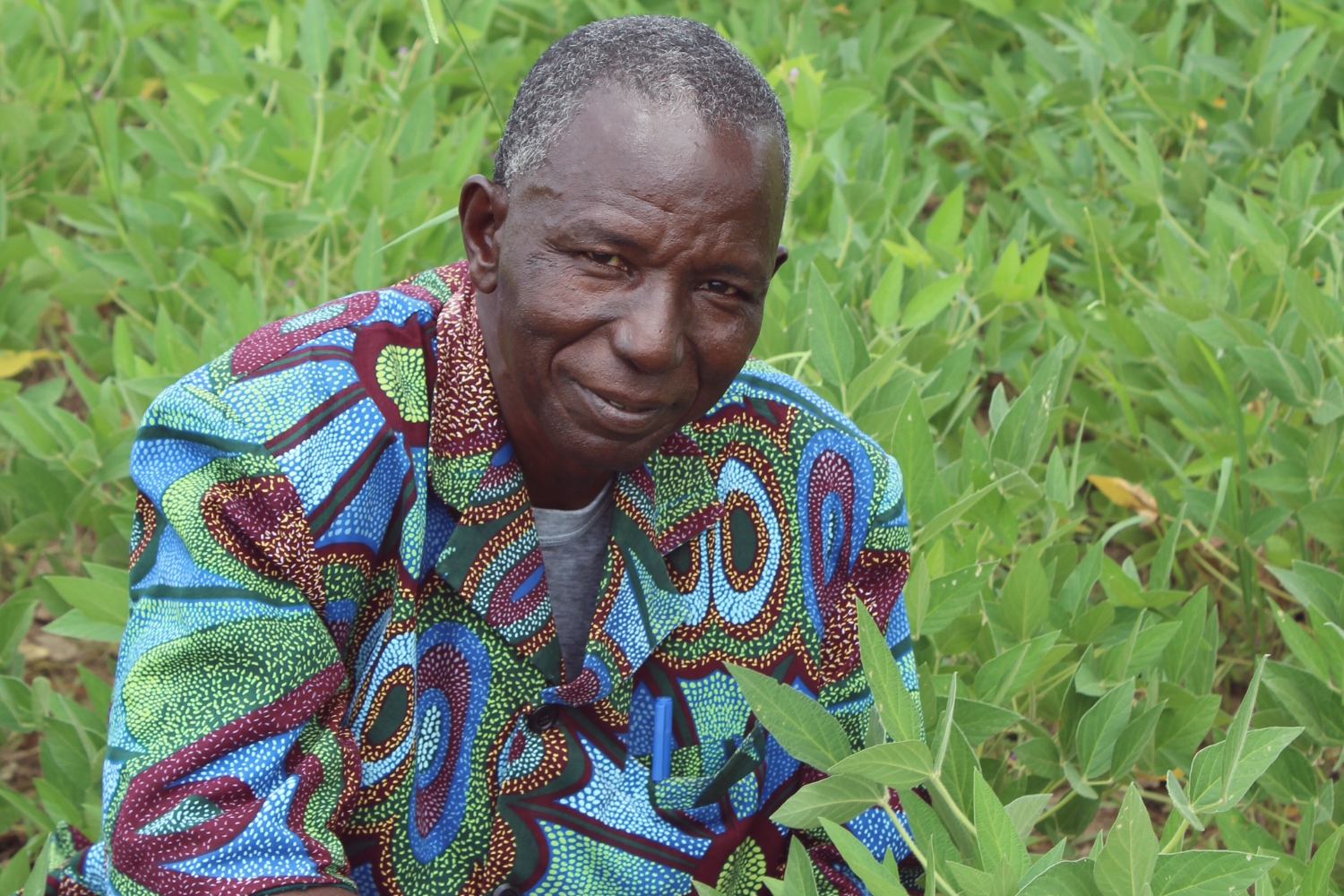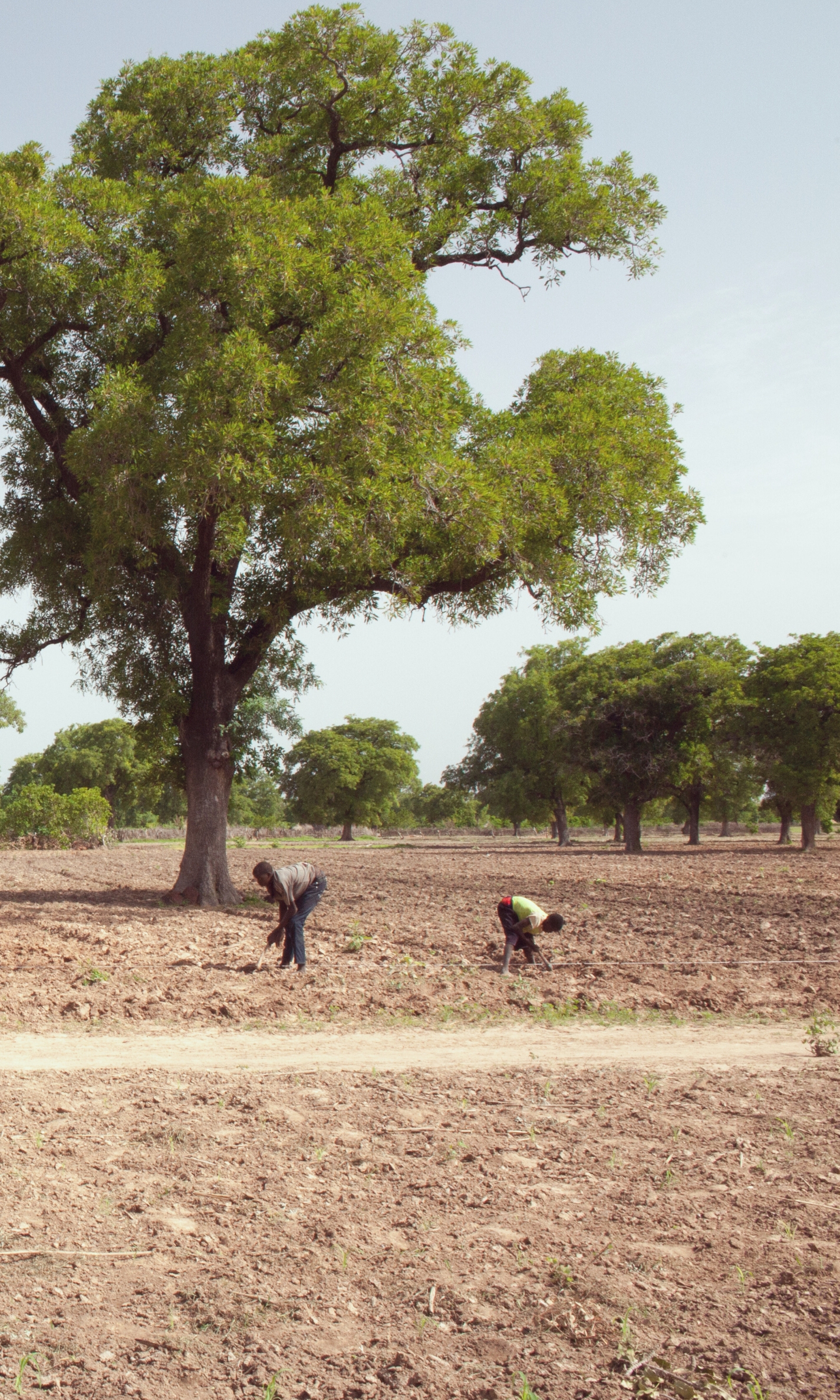


rgba(33,33,33,0.91)
rgb(255,255,255)

Our strategy
Our Values
Innovation
Integrity
Respect & growth for all
Collaborative spirit
Passion
Reliability





We’ve been working for 40 years and keep getting better. And some of the improvements are huge. Despite Covid19, our programs supported more than 2.7 M smallholders in 2022. That was close to a 100% improvement from the previous year. One of our most important priorities right now is to help those farmers cope with the consequences of climate change.


